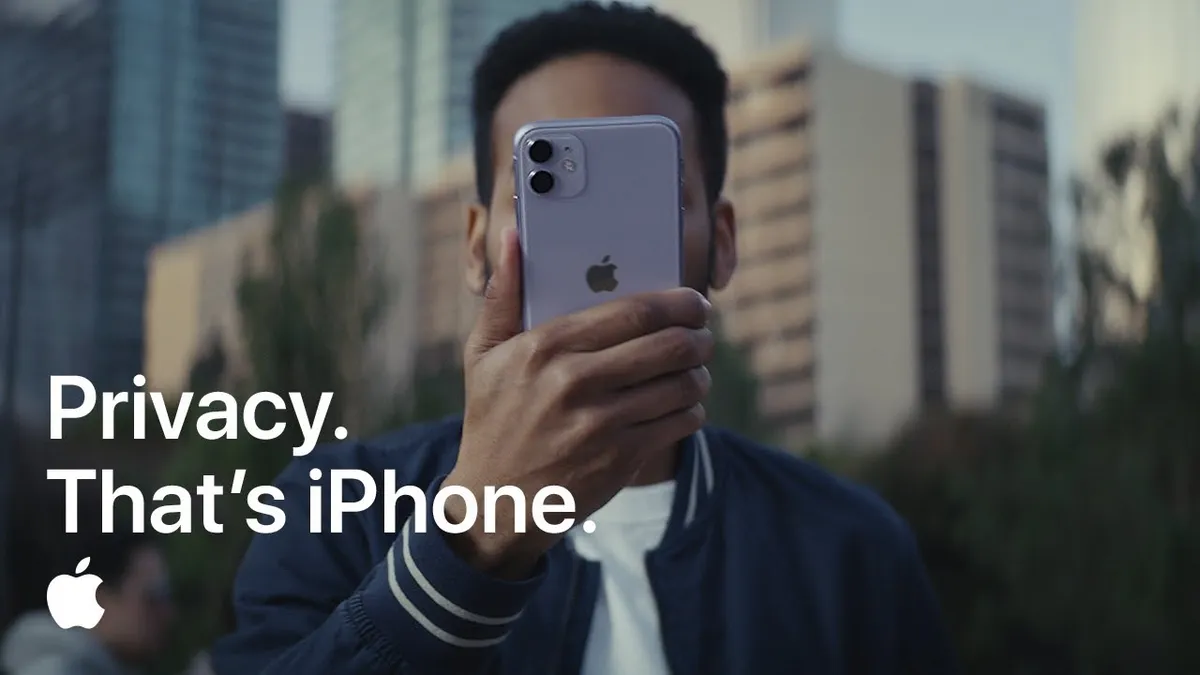If Apple cared about privacy
If you're not aware yet, in 2022 Alphabet paid Apple $20 billion for Google to be the default search engine on Apple devices, according to unsealed court documents in the Justice Department’s antitrust lawsuit against Google. This is because defaults matter. The vast majority of people use the default search engine/browser/maps/setup that a devices comes standard with. They also just live with the default notification settings, which I've written about before in an essay on digital hygiene.
Say what you will about Apple, but they do care about user experience more than the other big tech companies. This is mostly because the value-exchange with Apple is clear: You give them money, and in return they give you good hardware and software, and a commitment to privacy.
With Google this relationship is more nebulous. Google gives you a free search engine, free email, free document editing and storage, a free browser, free maps, and a bunch of other useful services; but the money comes from...elsewhere. It comes from influencing your buying decisions, and selling your data and attention to marketers; along with a whole host of privacy and security infringements along the way.
I understand why Google paid Apple all that money. Not only does it send lots of high value traffic to Google, but it also disincentivises Apple from creating their own search engine and competing with Google in this space.
Yet Apple is also the company that runs ads like this:

By accepting Alphabet's money, Apple essentially sold their user-base to Google. They paid lip-service to privacy until commercial interests dictated otherwise. If Google was the default search engine without money changing hands, Apple could argue that they just selected the best or most-popular search engine. But because that spot was bought and paid for, it's a big black mark on their commitment to privacy.
Complaining about corporate interests chasing profit aside, here's my hot take: If Apple really cared about privacy, not only should they choose a different search engine, they should block ads and trackers in Safari by default.
There are other browsers that do this; and it's fairly trivial to set up an ad-blocker in Safari yourself. But so few people do. Every now and then I find myself on one of those content-y websites without an ad-blocker, and it feels like I've entered a casino on crack—with animated banners, sliders, and flashing ads interspersing the content.
Seizure-inducing websites aside, advertising-driven tracking is a privacy nightmare, as is the personal-data-economy that underpins it all.
Here's the thing: Apple could do this tomorrow. They could easily make Safari block ads by default. And yet they don't, despite it not being in their user's best interests. This would cripple Google, true; but it's asymmetric. As far as I can tell, Apple doesn't rely on Google for anything. Yet there's nothing illegal about Apple blocking ads and trackers by default. Hell, I'm surprised the EU hasn't mandated it yet.
And Google isn't even paying them $20 billion a year to prevent this!
So if there're any higher-ups at Apple who read my blog, hello!
I'm not suggesting Apple go full nuclear right away, but this should at the very least be part of the conversation around what respecting users and their privacy means.
And if Apple does pull this off, I'll finally believe the billboards.